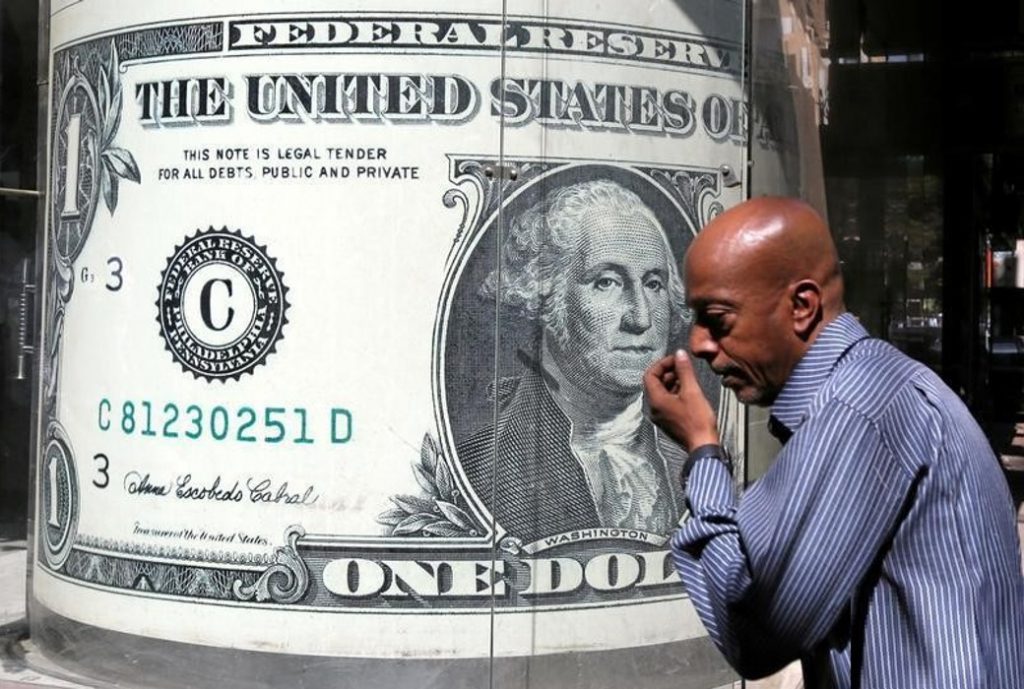[#title_feedzy_rewrite]
![[#title_feedzy_rewrite]](https://postcryptocoins.com/wp-content/uploads/2025/06/us-dollar-usd-currency-africa-nigeria-naira-1024x689-95HStk.jpg)
Nigeria has called on BRICS to switch to trading in local currencies and refrain from using the US…
Nigeria has called on BRICS to switch to trading in local currencies and refrain from using the US dollar for cross-border transactions. During a meeting at the BRICS trade forum held in Brazil, Nigeria’s House Committee on Foreign Affairs, Wole Oke, said that the alliance must begin investing in each other’s economy to maintain equal economic stability for all.
At the trade forum, he urged BRICS to reduce usage of US dollar transactions and begin payments in local currencies. He also urged the bloc to reduce dependency on Western powers and uplift the economies of developing countries.
Also Read: BRICS Will Meet in July To Unveil Most Ambitious Plan: US Congressman
“Strengthening BRICS trade is no longer optional, it is a necessity. We must trade more with each other, invest in one another, and build a trade ecosystem that puts our people first,” he said, stressing that the time to use local currencies for trade is ripe.
The lawmaker proposed BRICS to create a new establishment for local currency settlements that cuts exposure to “volatile currency politics”. He added that investments must be made in all business sectors including pharmaceuticals, agriculture, manufacturing, and clean energy.
The foreign minister stressed that BRICS members have an overall GDP of 40% of the global economy, and the potential to make it even bigger is untapped and can be a success if local currencies are made the norm. Nigeria is among the 13 partner members of BRICS and is considering reshaping the global finances.
Also Read: BRICS: 50+ Nations Now Use Yuan, Rupee, Ruble, Not US Dollar in Trade
Nigeria Follows the Footsteps of BRICS, Makes Local Currencies Official

Just recently, the government of Nigeria announced that only their local currency, the Nigerian naira will be the official tender for oil trade in the country, ending dependency on the US dollar. All oil-refiners must use the local currency and the move could boost its prospects in the forex markets. The African country is looking to tackle the US dollar’s dominance by putting it second in line for oil payments.

